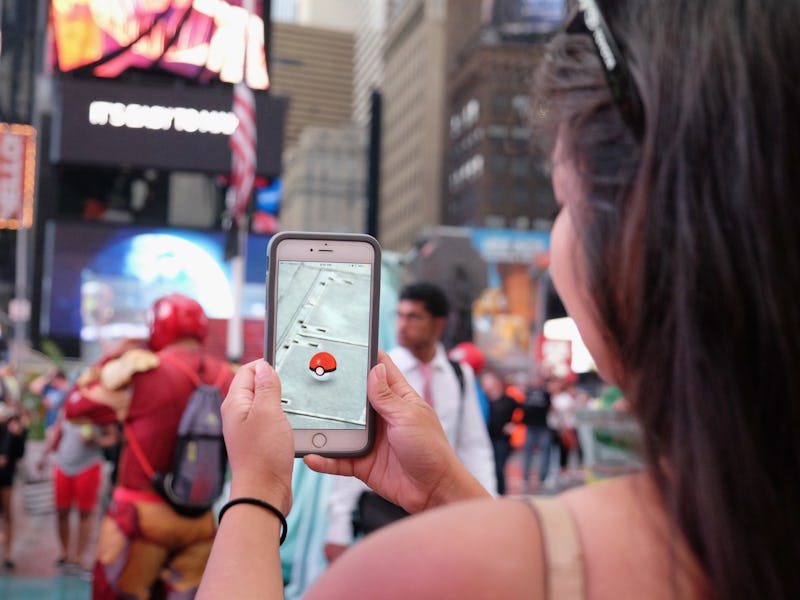New York Governor Wants to Ban Sex Offenders from 'Pokemon Go'
Niantic urged to keep players away from offenders' homes.

Sex offenders will no longer be able to access Pokémon Go or play many other modern video games in the state of New York without breaking the law.
Governor Andrew Cuomo has told the Department of Corrections and Community Supervision to ban sex offenders from “downloading, accessing, or otherwise engaging in any internet- enabled gaming activities,” including Pokémon Go, as a condition of their parole.
Cuomo has also directed the New York State Division of Criminal Justice Services to provide Niantic with up-to-date information from the Sex Offenders Registry so the company can “prevent identified sex offenders from using this game.” This data is already provided to companies like Facebook and Apple; Cuomo said that “software developers that operate augmented reality games like Pokémon Go” should be entitled to the same information so they can keep children safe.
“Protecting our children and ensuring their safety is our top priority, and the State of New York is moving swiftly to respond to troubling news that young children using Pokémon Go are being steered to locations in close proximity to, or even at, sex offender residences,” Cuomo said in a letter to Niantic’s John Hanke. “The State has taken action to prohibit sex offenders from using this game, but we need your assistance to make certain that sex offenders will not continue to use Pokémon Go by technologically barring their use. Working together, we can ensure that this danger today does not escalate into a tragedy tomorrow.”
Cuomo is referring to a report from New York Senators Jeff Klein and Diane Savino, who investigated the use of Pokémon Go near high-level sex offenders in New York City. They found that Pokemon appeared near offenders’ homes 57 percent of the time; that PokéStops and gyms showed up within a half-block of those homes 59 percent of the time; and that a “Pokémon-related item” was nearby 73 percent of the time.
“This modern-day scavenger hunt, a seemingly innocuous challenge, creates the potential to lure unknowing children directly into danger by setting up locations and objectives within the game perilously close to the homes of registered, high-level sex offenders,” they write. “Additionally, sex offenders access to the game creates potentially dangerous situations where sites set up by the developer provide unfettered access to children who congregate in these locations.”
The report lines up with other investigations showing that Pokemon Go and sex offender maps often overlap. That’s true in New York; Los Angeles; San Luis Obispo, California; and Charlotte, North Carolina, among other places.
Fans of Pokémon Go often enjoy the real-world interactions and friendships it can inspire. But reports have also risen of people getting hurt playing the game or getting stabbed while they try to catch ‘em all. It’s not hard to see how children might be at risk if they play the game near sex offenders.
Cuomo’s new rules, and the Senators’ plans to introduce laws that would prevent game developers like Niantic from placing in-game objects within 100 feet of an offender’s home, are designed to prevent that from happening. Now all that’s left to be seen is how Niantic responds to these concerns. Inverse has reached out to Cuomo’s office but has not received a response by the time of publication.
“One of our core missions at Niantic is to encourage safe outdoor play and exercise. We are always listening to our community and we have heard the concerns raised in recent days about Pokemon GO,” a Niantic spokesperson said in an emailed statement. “We will always ensure our products comply with applicable laws. We also believe that parents know their children and neighborhoods best, and we encourage them to supervise their kids to enjoy Pokemon GO safely, as they would with any outdoor activity or phone app.”
You can find Klein’s and Savino’s full report on Pokémon Go below:
Story has been updated with comment from Niantic Labs.